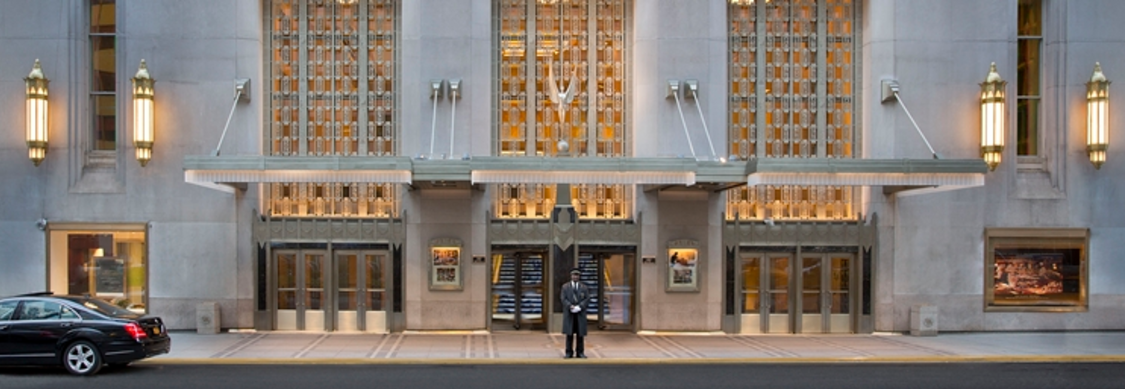China’s Anbang Insurage Group, which owns the Waldorf=Astoria New York and other hotels in the U.S. and which tried to buy Starwood before ultimately being outbid by Marriott, has been ordered by the Chinese government to sell overseas assets and repatriate the proceeds to China. Anbang says they have no plans to do that. (HT: Alan H.)

Waldorf=Astoria New York, Owned by Anbang. Credit: Hilton
Chinese authorities have asked Anbang Insurance Group Co., the insurer whose chairman was detained in June, to sell its overseas assets, according to people familiar with the matter.
The government has also asked Anbang to bring the proceeds back to China after disposing of holdings abroad, said the people, who asked not to be identified because details are private. It is not clear yet how Anbang will respond, the people said.
“Anbang at present has no plans to sell its overseas assets,” the company said in a WeChat message.
Anbang’s Chairman was detained last month.
Like many Chinese companies of its size, it’s both politically connected and opaque.
Chairman Wu Xiaohui is married to Deng Xiaoping’s granddaughter. Anbang director Chen Xiaolu’s father was a military commander who served Mao Zedong. Levin Zhu, son of a former Chinese Premier, has been listed as an Anbang director though has publicly said he never agreed to be on the board.
As with the detention of Anbang’s chairman, explanations limiting financial risk and China’s anti-corruption efforts. There are fears that huge debts of companies like Anbang and HNA, backed by the government, create the potential for catastrophic economic shocks. They also fear the capital flight from China as the government seeks to prop up its economy.
A year ago Anbang was reportedly considering buying IHG hotels as well.


Gary,
Didn’t you say last year that you believed Anbang’s all cash offer for Starwood was a superior offer to Marriott’s stock offer?
A little over a year later, Anbang is reportedly having serious financial issues while Starwood stockholders received Marriott shares, which are near all time highs.
@Publius – it was an all cash offer, so it wouldn’t have mattered and this doesn’t suggest Anbang is having financial problems rather it suggests some regulatory problems in China generally.
Marriott’s future share price does not much matter either, because an investor could have chosen to invest in MAR at the time of the acquisition or taken the cash and invested elsewhere.
I wonder if a desire to put assets out of the bounds of possible economic sanctions has anything to do with this.
HNA Group is also getting into trouble recently, with their opaque ownership structure. Wonder what will happen.
It’s probably worse for everyone that Marriott defeated Anbang for Starwood.
SPG members would have retained their benefits longer – where is my Platinum lounge access at Ritz-Carltons*, or even breakfast? – and then Marriott might have picked it up far cheaper in a distressed seller fire sale.
* I keep being told that the catering in Ritz-Carlton lounges is too good to comp to Platinums. But I’m Shangri-La Diamond, and their lounges have food and wine which is vastly better than Ritz-Carltons’, yet they manage it.
I remember when HK was being transferred back to China. I had clients who were from HK who were bring cash over into the US to buy businesses that had inventory (like jewelry stores) so they can keep the funds here in the USA vs in HK for fear that China would be a problem. A family would bring over $1 -2 million to invest in these stores, restaurants, etc.